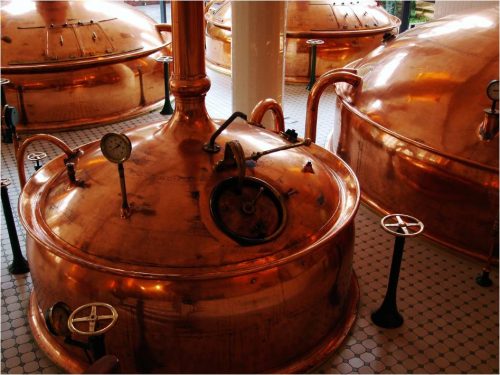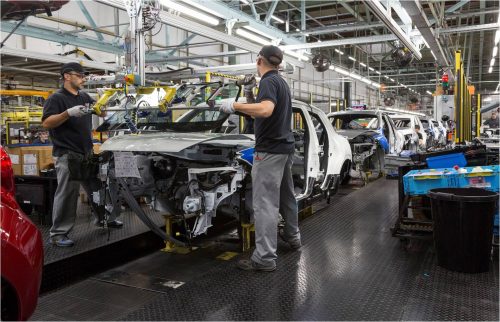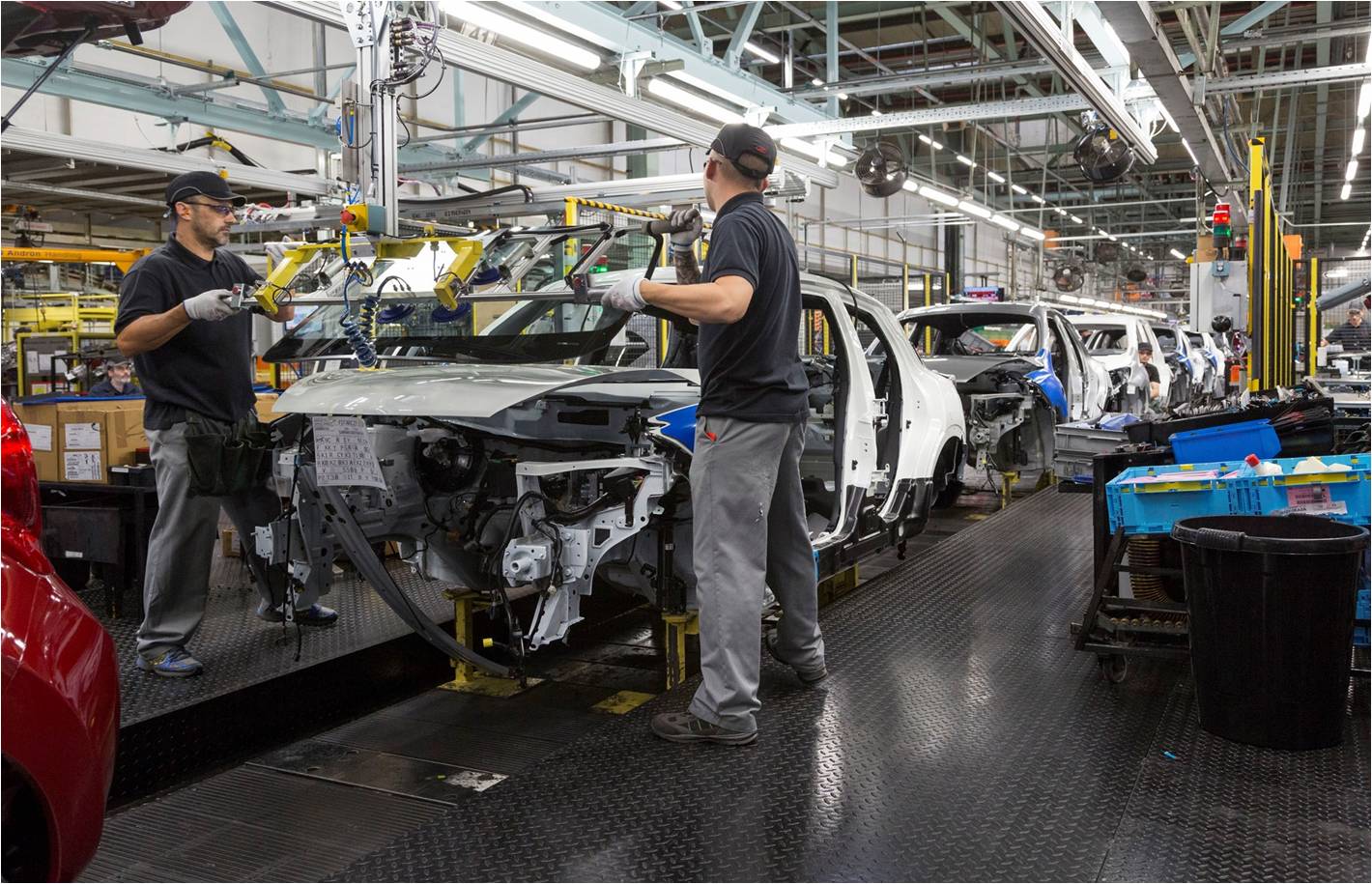UK manufacturing output continues to expand at a healthy pace, according to the CBI’s latest monthly survey of industrial trends.
Analysis of responses from 481 manufacturers finds no slowing in rate of production in British manufacturing, despite the Brexit result of the June referendum.
A third (33 percent) of the businesses surveyed report a rise in output volumes, while just over a fifth (22 percent) report a fall, giving a positive growth balance of 11 percent.
 The CBI survey finds UK manufacturing output is expanding at a healthy pace, particularly in the food, drink, and motor vehicle sectors.
The CBI survey finds UK manufacturing output is expanding at a healthy pace, particularly in the food, drink, and motor vehicle sectors.
Total orders are flowing in at about the same pace as the previous month, and keeping to well above average levels.
“It’s good to see that manufacturers are enjoying a lingering summer with output running at a strong pace and manufacturers’ order books remaining solid, particularly amongst the food, drink and motor vehicles sectors,” says CBI Chief Economist Rain Newton-Smith.
Both the survey results and reports from CBI members suggest the drop in the value of sterling has spurred international competitiveness, she adds.
Export orders remain above average
Looking forward, the survey finds UK manufacturers expecting to ramp up production, with 11 of 18 subsectors upgrading their 3-month output forecast.
Although export orders have dropped slightly, they also remain comfortably above their long-run average, say the CBI.
Chemical firms report the greatest drop in export orders – while the motor vehicle and transport sector report the biggest improvement.
Average prices are expected to fall slightly over the next quarter – 15 percent of firms say they will likely raise them while 9 percent say they will probably reduce them. This gives a rounded balance of +5 percent, which is lower than the +8 percent from last month’s survey.
There is plenty of stock to meet demand say 22 percent of firms, with only 7 percent saying they do not have enough. The resulting +16 percent positive rounded balance is 4 percent higher than last month’s, and the highest it has been since June 2013, when it was +21 percent.
Challenges ahead as UK negotiates post-Brexit trading position
The CBI findings echo those of another recent survey of food and drink firms in England and Wales that finds them with renewed plans for growth following the Brexit vote.
However, in some sectors, particularly where export to Europe is a key part of the business, such as motor vehicle manufacturing, while output may be strong now and may continue in the near future, output in the more distant future relies on investment.
 Photo: Juke assembly line at Sunderland, courtesy of Nissan International SA
Photo: Juke assembly line at Sunderland, courtesy of Nissan International SA
Last month, Carlos Ghosn, chief executive of Renault-Nissan said UK investment will depend on the outcome of Brexit talks. Most of the vehicles made at the firm’s Sunderland plant in Northern England are exported to Europe.
The message going forward is there are still many challenges ahead for UK manufacturing, “as we adjust to a new relationship with the EU and the rest of the world,” says Newton-Smith.
She says the CBI “want to see a focus on promoting investment and innovation in the Autumn Statement to ensure our makers are able to put their best foot forward and adjust to new opportunities.”

